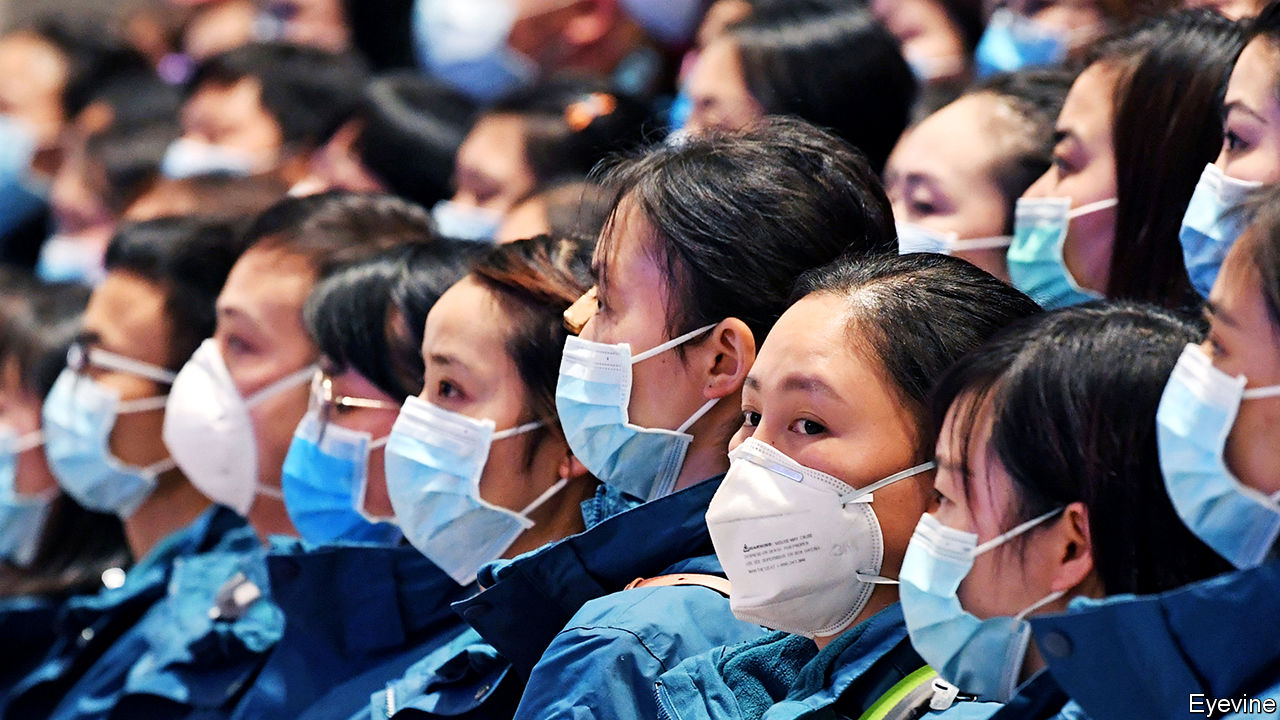
Gender equality in the time of COVID-19
March 27, 2020
With only a few days remaining in our March focus on Gender Equality (Global Goal 5) through our SDG campaign, we are highlighting UN Women's focus on the pandemic as seen through a gender lens:
As the COVID-19 pandemic impacts the world, governments are taking unprecedented measures to limit the spread of the virus, ramping up health system responses and announcing movement restrictions affecting millions. But amid these efforts, policymakers must not lose sight of the vulnerabilities of women and girls, which have been exacerbated by the crisis, says a UNFPA guidance note released last week.
“Disease outbreaks affect women and men differently,” says the new UNFPA guidance document, which covers how gender is playing a role in this pandemic. “Pandemics make existing gender inequalities for women and girls worse and can impact how they receive treatment and care.”
According to the UN around 70 percent of health and social service workers are women. Many are midwives, nurses or community health workers, roles that place them on the front lines of any disease outbreak.
“The challenge of the emergency really puts additional strain on existing inequalities,” says Laura Addati, a policy specialist in women and economic empowerment for the International Labour Organization. “If there’s not already an egalitarian sharing of childcare or housework, it will be women who are responsible for remote school, for ensuring there are food and supplies, for coping with this crisis.”
UN Women is bringing up-to-date information and analysis on how and why gender matters in COVID-19 response.
"Governments around the world over are struggling to contain the COVID-19 pandemic. While some voices have flagged the impacts on women, gender concerns are not yet shaping the decisions that mainly male leaders are making," said UN Women Deputy Executive Director Anita Bhatia.
A Statement by Phumzile Mlambo-Ngcuka, UN Under-Secretary-General and UN Women Executive Director says, “We need mitigation strategies that specifically target both the health and economic impacts of the COVID-19 outbreak on women and that support and build women’s resilience."
UN Women has issued a set of recommendations, placing women’s needs and leadership at the heart of the effective response to COVID-19, and among social media resources.
All of these vulnerabilities are exacerbated in humanitarian settings. “For the nearly 48 million women and girls, including 4 million pregnant women, identified by UNFPA as in need of humanitarian assistance and protection in 2020, the dangers that COVID-19 outbreaks pose will be magnified,” the guide says. It calls for humanitarian action plans to account for the need to respond to the pandemic.
In addition to advocating for gender-sensitive responses, UNFPA has been providing material support to affected health systems.
In China, UNFPA has distributed sanitary napkins and adult diapers for vulnerable populations, including at-risk elderly persons, as well as personal protective equipment for health workers. In Iran, UNFPA has acquired supplies such as masks, disinfectants and gloves for health workers.
Next month we will be highligthing Goal 13 - Climate Action. Make sure to follow Beyond Sport on social to follow the campaign.